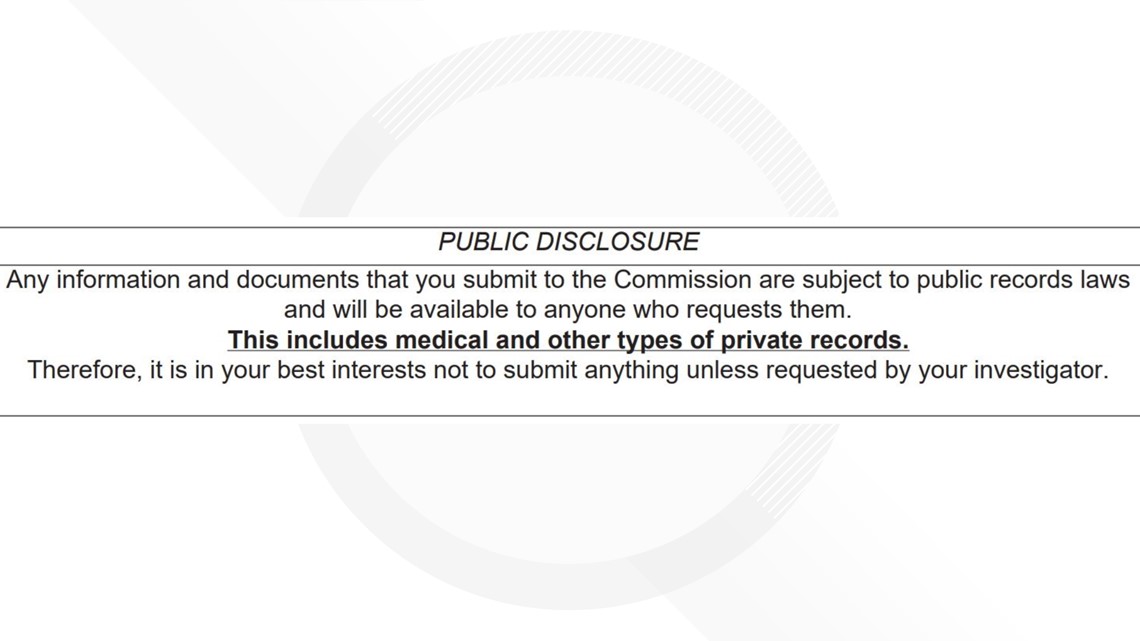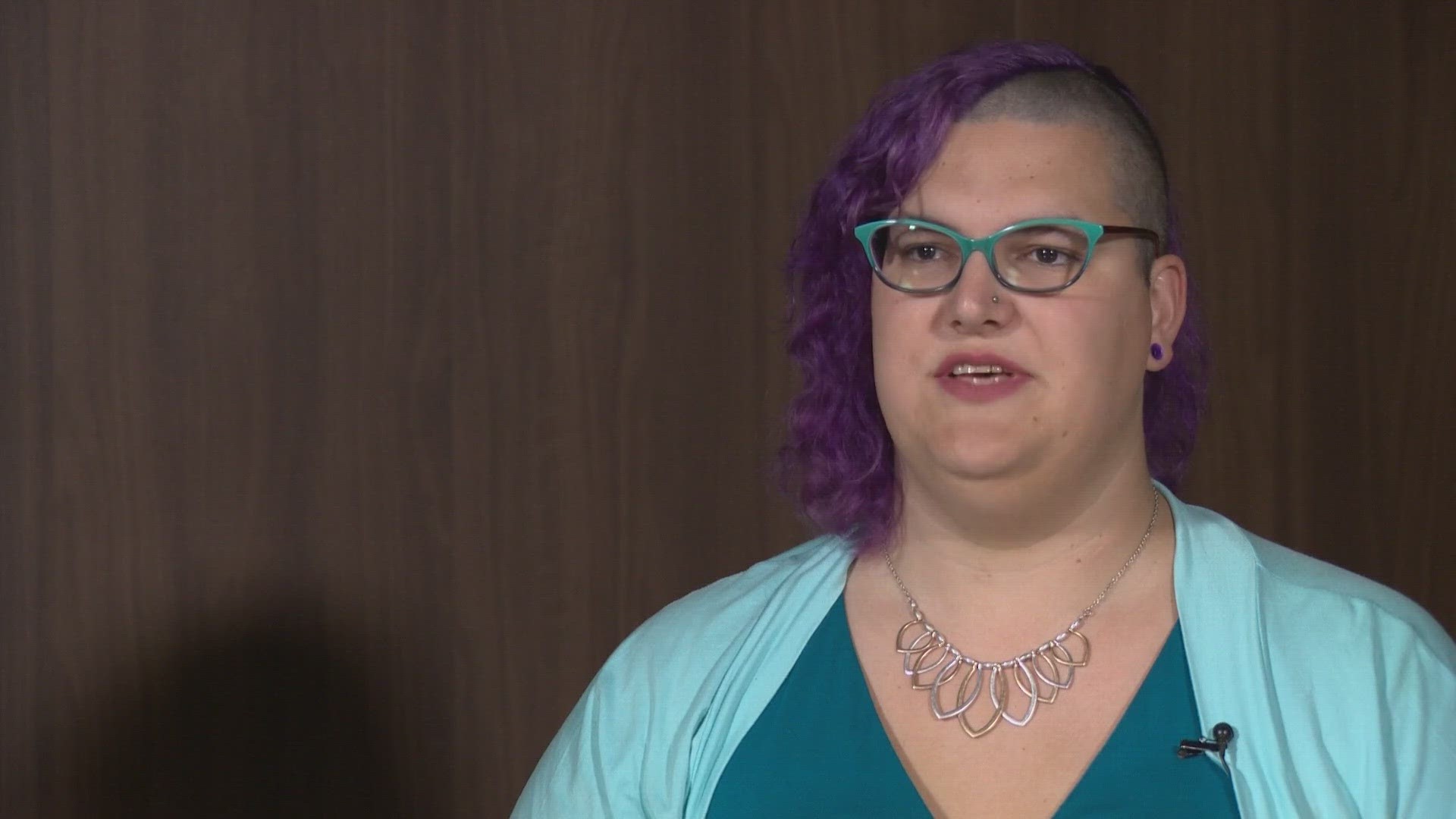SEATTLE — A push to change Washington state’s public disclosure laws is underway after a transgender woman says she was harassed after filing a civil rights discrimination complaint, which is subject to public records requests.
Haven Wilvich said she went through the filing process after a spa denied her access because of her identity.
"I looked up the laws in Washington state around public accommodation and found it's illegal to exclude trans women from women's spaces," she said.
If people believe they have been discriminated against based on protected class status, they may file a charge of discrimination for the Washington State Human Rights Commission to investigate.
Wilvich filed the report in early 2020. More than a year went by before Wilvich found out the commission directed the spa to allow trans women. That was the end of the ordeal until the beginning of June.
"I found myself getting targeted with hundreds of hate messages and threats of violence," Wilvich said.
Wilvich said some of the messages said things like, "You'll never be a woman. Go kill yourself," and "Haven Wilvich is a predator. Hope karma comes for this disgusting, misogynistic perv."
To Wilvich's surprise, her complaint to the human rights commission ended up in court documents. The spa sued the commission's executive director, Andreta Armstrong, because of its decision. The case was dismissed, but Wilvich's trouble had just started.
"Transphobes on the internet were able to find my name in connection to this and are trying to place blame for the change on me, rather than on state law," she said.
Now, state laws concerning public disclosure of these complaints are getting attention.
"It was concerning to me especially when you think about the violence trans people suffer," Civil Rights Attorney Scott Blankenship said. "I think there should be the option of being able to do an anonymous complaint."
As it stands now, the form you fill out when filing a charge of discrimination warns any information or documents you submit to the commission are subject to public record laws.


Blankenship believes laws need to change to protect those who come forward with claims of discrimination.
"If you can't make a complaint without feeling you're personally going to be at risk for doing it, it's going to chill people's rights," Blankenship said. "That'll end up hurting everyone."
"Who knows how many people have read the form and saw the fine print about disclosure and got turned away from changing things that needed to be change," Wilvich said.
She hopes her story will push state lawmakers to reform public disclosure laws.
"Minority people who make reports of human rights being violated should be protected from public disclosure," Wilvich said.
In a statement, Senate Republican Leader John Braun said, "Senate Republicans absolutely oppose anyone's safety being threatened. If the public disclosure of someone's information is having that effect, we would be willing to review the law."

